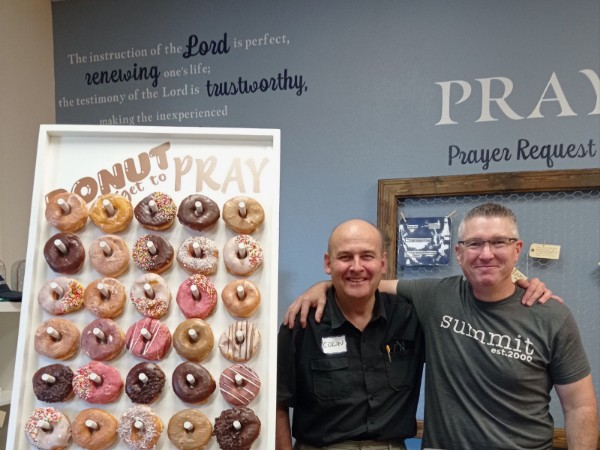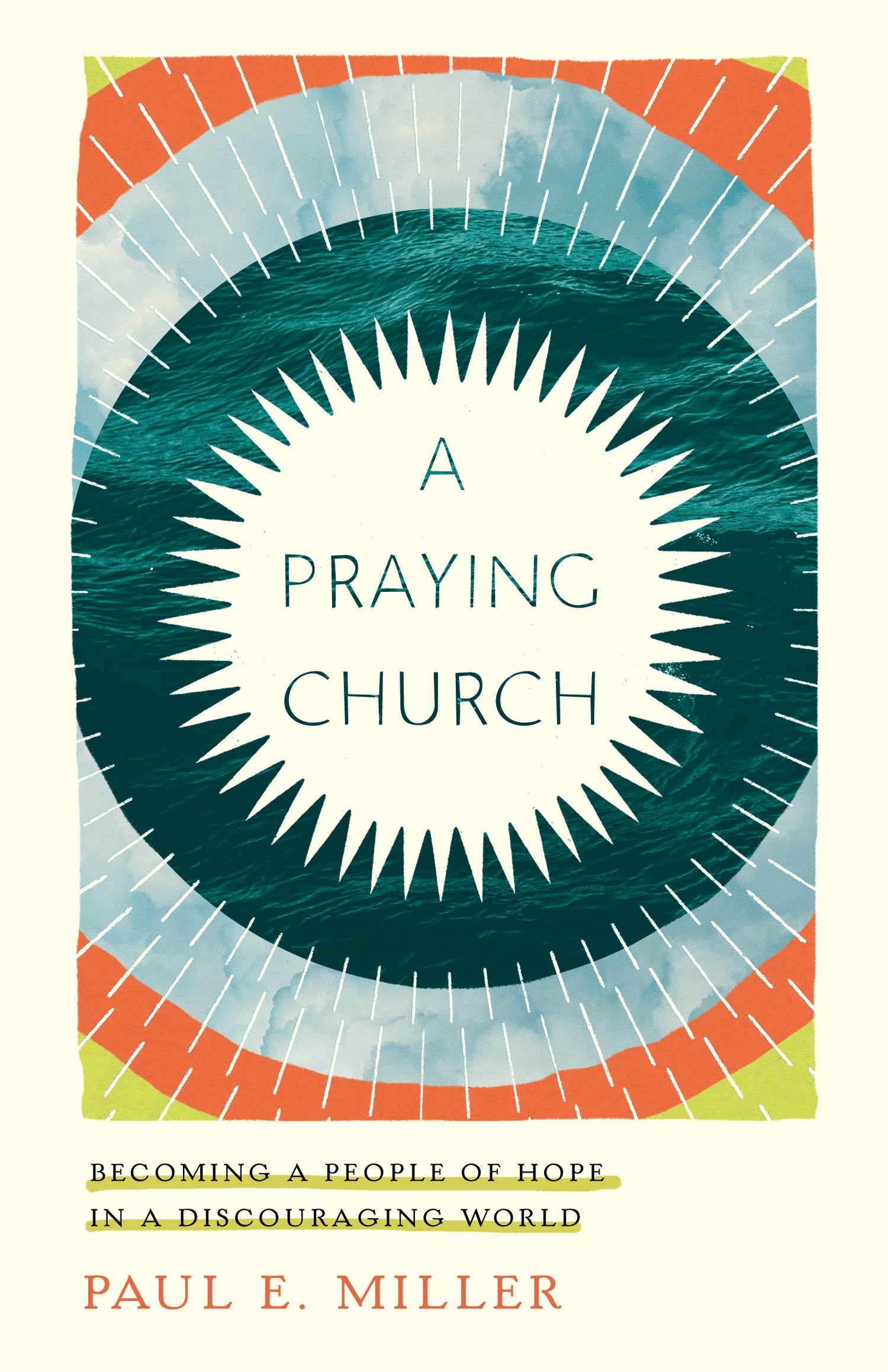“Have this mind among yourselves, which is yours in Christ Jesus, who, though he was in the form of God, did not count equality with God a thing to be grasped, but emptied himself, by taking the form of a servant, being born in the likeness of men. And being found in human form, he humbled himself by becoming obedient to the point of death, even death on a cross.” Philippians 2:5-8
This section of Philippians 2 is like an x-ray of Christmas – it’s the story behind the story of the manger. But there's something a little odd about the way Paul describes it. He describes four steps to what we're calling the descent of love that help us to understand not only Jesus' love for us, but also our love for others.
Step One—Status: The first step is in Phil 2:6, where Paul says “...though he was in the form of God.” In other words, Jesus is descending from a certain status. He's still God but he's descending from all the power and authority and freedom that come with that position.
Step Two—Decision: Paul says Jesus, “did not count equality with God a thing to be grasped.” This is where Jesus actually relinquishes his right to all the privileges of deity. He hasn’t stopped being God, but he lets go of his grasp on the privileges that go with his status.
Step Three—Love: Paul continues in Phil 2:7, “but emptied himself by taking the form of a servant, being born in the likeness of men and being found in human form. This step is when he actually makes the downward move of love.
Step Four—Cost: Jesus bears the cost all the way to death on a cross: “He humbled himself by becoming obedient to the point of death even death on a cross.” When I first began to reflect on this passage, I wasn’t sure why Paul bothered mentioning how Jesus, “did not count equality with God a thing to be grasped.” But the longer I follow Jesus, the more I'm aware of how important that detail is. Because what Paul is helping us see is Jesus’ will.
It can be hard to see how the will plays into our love, so I’ll share an example. I had to do a chore around the house last weekend that I did not want to do. It was just a job, but I really dislike this job. And I could feel how strong my will was not to do it. And so I paused, and I prayed, and I received the job. It sounds corny, but what I did was simply say, “Jesus, would you give me the grace to do this foot-washing task.”
When I say foot-washing, I mean humble, servant, Jesus in John 13 type work. Now I don’t mind foot-washing where there are a lot of people noticing, and there's a band playing and a camera going. That’s not bad! But when there's no band playing, foot-washing tasks are hard, so I had to take a little time to sit and pray and reflect on how Jesus washes feet.
We often miss this “decision” step of love. But while my will can be hidden from me, it's not hidden from my wife. If I don’t take this step, there's this low-level crankiness that will ooze out as I do the job, whether I’m asking out loud, “Does this really need to be done?” or just grunting my way through it to show everyone how much this is costing me.
Taking that time to surrender my will to receive this chore actually helped to me to do a better job. Receiving the task from my Father made me more attentive to the feet.
His surrender of his will allows room for joy as he takes the step of love and pays that huge cost.
This surrender of the will permeates Jesus’ life. We see it vividly at Gethsemane. As he prays in the garden, Jesus is reenacting the Philippians 2 decision. He is not grasping at a pain-free life, he's surrendering his will. He's fully alive to his desire (Father, take this cup from me) but submits in obedience to his Father (not my will but yours). His surrender of his will allows room for joy as he takes the step of love and pays that huge cost.
And as we know, the story doesn’t end there. Philippians 2 continues with all the steps the Father takes in response to Jesus’ descent: “Therefore God has highly exalted him and bestowed on him the name that is above every name so that the name of Jesus every knee should bow and heaven and on earth and every tongue confess that Jesus Christ is Lord to the glory of God the Father.” Paul points out something that is really important for love: it is God who does the resurrecting. That doesn't mean you're completely passive in resurrection, but the actual energy of it is from the Father.
The resurrection is this incredible release of the Father’s energy and delight in his Son.
I think of the dying and rising of Jesus and in our everyday lives like a bungee jump. There's this huge drop, but as it goes down the kinetic energy is building and building. That’s kind of like what’s happening with the Father as he is watching his son’s obedience in love. So then, the resurrection is this incredible release of the Father’s energy and delight in his son. We get to retrace Jesus’ steps in our everyday decisions to surrender our wills, to loosen our grasp on our rights, and follow Jesus in love, trusting the Father to bring resurrection in his time and way.
Listen in on the fuller conversation through the “J-CURVE: Descent of Love” podcast series or explore the Descent of Love Bible study.








